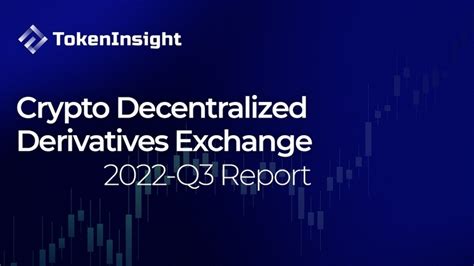“The Psychology of Crypto Trading: Understanding Decentralized Exchanges and Market Depth”

As cryptocurrency trading continues to evolve, understanding the psychological aspects of the crypto market is becoming increasingly important for traders of all levels. In this article, we will explore two key concepts that can help traders make informed decisions in a rapidly changing market environment: crypto trading and decentralized exchange (DEX) psychology and market depth.
The Psychology of Crypto Trading
Cryptocurrency trading requires more than technical analysis and quantitative models. It also requires an understanding of the psychological principles that can influence buying and selling decisions. Here are some key aspects of crypto trading psychology to consider:
Decentralized Exchanges (DEX) and Market Depth
Decentralized exchanges are becoming increasingly popular in the markets cryptocurrency. DEXs offer several advantages over traditional centralized exchanges (CEXs), including:
However, DEXs also have some limitations:
Market Depth
Market depth refers to the amount of liquidity available in the market, measured by the number of buy and sell orders at different prices . Greater market depth indicates more comprehensive liquidity, while lower depth may indicate tighter markets or higher prices.
In crypto markets, market depth is especially important for trading:
Conclusion
Crypto trading psychology and decentralized exchanges (DEXs) and market depth are two interrelated concepts that can help traders make informed decisions in a rapidly changing market environment. changes. By understanding these psychological aspects and taking advantage of DEXs, traders can improve their performance and increase their chances of success in the crypto markets.
However, it is important to remember that cryptocurrency trading is inherently volatile and subject to significant market risks. Even with deep Understanding these concepts, traders must remain alert and adapt to changing market conditions to achieve optimal results.
